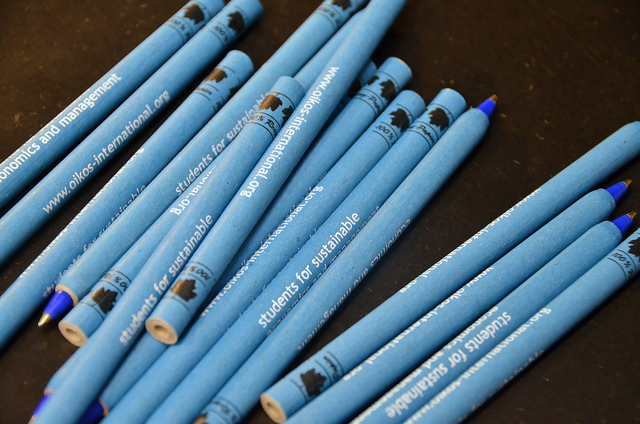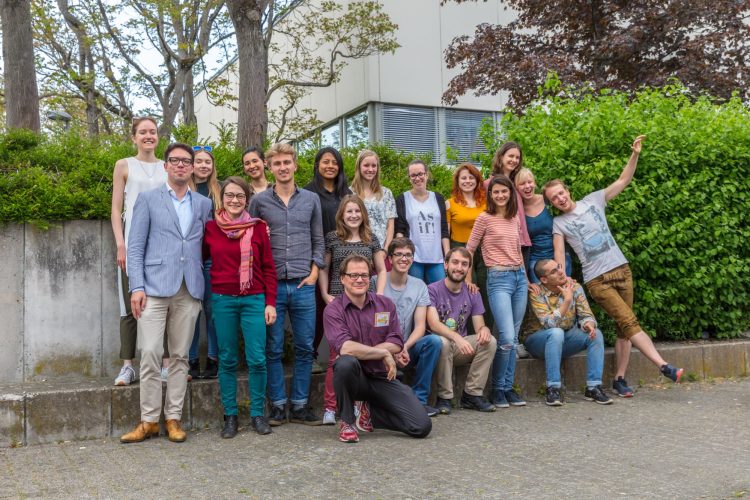The theme for this year’s FutureLab is “Building Lasting Change”, with an interactive program focusing on oikos’ goal to make change both in the classroom and in the broader...
We are proud to announce the winners of the 2018 oikos Case Writing Competition. We would like to thank all the participants for their outstanding case submissions and congratulate...
LSESU oikos London will host Sustainability Forum with speakers from research, sustainability and social careers background. Speakers include: -James Edney, Senior Consultant at Corporate Citizenship -Qayum Mannan, project coordinator at...
oikos NYC will host Professor Martin Wagner’s guest lecture on ‘The Environmental Kuznets Curve for CO2 Emissions’ on April 23, 2018. Learn more here
Join oikos NYC this Friday on April 20 for an Introduction to Pluralist Economics, by the oikos Pluralist Economics Associate, J. Christopher Proctor, working inside the oikos international network...
The world’s population is aging and growing daily. As health services improve and communities develop their economic and social infrastructures, infant mortality rates are declining, the population is becoming...
This dissertation empirically estimates the impact of climate variables onto economic outcomes by expanding existing models in three dimensions: Climate Measures, Space and Time. First, a range of extreme...
Welcome to our latest newsletter! We are delighted to announce that FutureLab 2018 will take place in Geneva, Switzerland on October 26-27. But before we kick off our flagship...
Over 20 oikos members from Reutlingen, Tübingen, Witten, Paderborn, Bayreuth and Köln, as well as alumni and oikos Executive Board Member, Tiphaine Rouault, came together in Reutlingen, Germany to participate in...




